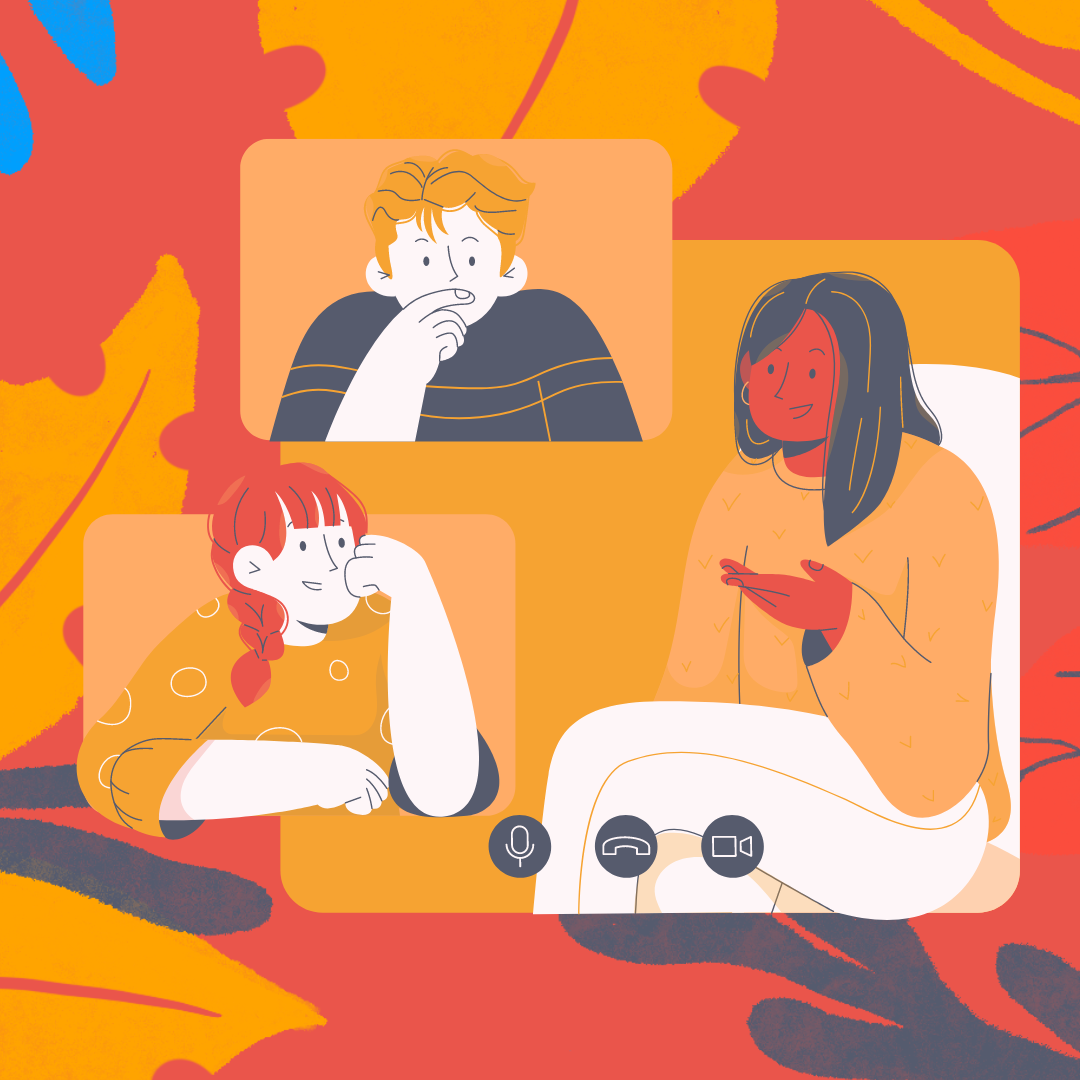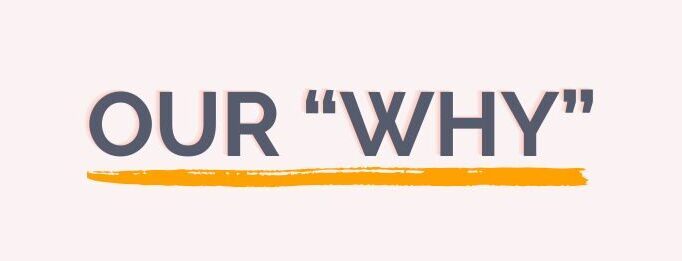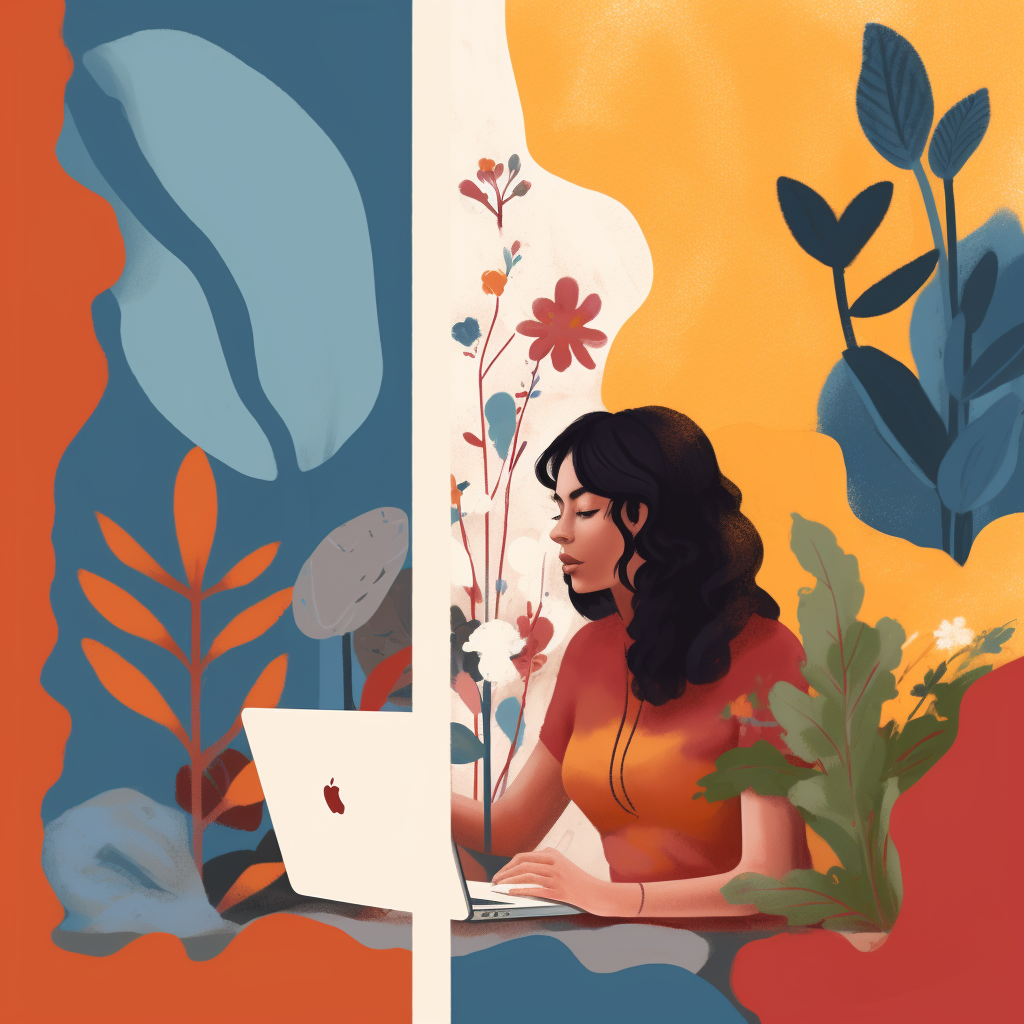Is social media good for us?
In this post we’re diving deep into the findings of a recent episode of Freakonomics Radio that sheds light on the intricate relationship we share with platforms like TikTok and Instagram. Yes, they’ve become a space for our daily social interactions, and where we get information about the world day by day… but at what cost?
The Paradox of Social Connectivity
I was doing an involuntary digital detox when I listened to this podcast episode – I had the flu and in the deepest, darkest 24 hours I was really too sick to use my phone much. But as soon as I started feeling a bit better the first things I did were:
- check WhatsApp
- check LinkedIn
- scroll Instagram
- watch Netflix
So this episode really rang true for me, asking “Are You Caught in a Social Media Trap?”. I wouldn’t describe myself as a heavy user, but I do check LinkedIn more than once a day (this is surely the dorkiest use of digital media!).
The research profiled by Freakonomics reveals a startling paradox at the heart of our social media usage. Economists’ research has led to a disturbing insight: a significant number of social media users – perhaps even you – secretly wish they could live in a world without these platforms. But the fear of missing out (or FOMO) stops people from quitting on their own – rather, they want not just themselves, but all their friends to also quit.
The research, conducted by Ben Handel and colleagues, also introduces the concept of “product market traps.” These are scenarios where the market for a product (e.g. social media) exists and thrives, even though society might be better off without it. An eye-opening aspect of their study involved asking participants how much they would need to be paid to deactivate their social media accounts. Surprisingly, the average was around $50 for a four-week detox. (I would charge more!) But people would require far less incentive, or even pay for the privilege, when asked if they would take themselves and all their friends off social media. This “collective” aspect of social media usage shows a deeper, more complex entanglement with these platforms.
Ethical Considerations and the Path to Positive Social Media
I spend my days leading AMS, a purpose-driven communication and strategy agency. I think a lot about the ethics of social media and how we can build a more positive online environment.
The findings from this research aren’t about demonising social media, but rather acknowledging the complex psychological effects that these platforms can have. Social media is a fact of life, at least for most of us. The research does, though, challenge us to think about ethical use and the ways we can mitigate the negative impacts while enhancing the positive.
Here are four areas where we, as users and influencers in the digital realm, can start to make a difference:
- Intentional Usage: Cultivating an awareness of why and how we use social media can be the first step toward a healthier online life. Asking ourselves, “Does this add value to my day?” or “Am I scrolling mindlessly?” can help guide us toward more meaningful engagement with these platforms.
- Digital Detoxes: With the research suggesting that some users are willing to pay to escape social media, incorporating digital detoxes into our routines might not just be beneficial; it could be essential for our mental well-being. Periodically unplugging can give us the space to reconnect with ourselves and our immediate physical environment.
- Fostering Positive Communities: Social media, at its best, connects, educates, and inspires. By consciously choosing to engage with and create content that uplifts and informs, we can contribute to shifting the narrative toward a more positive social media landscape. (This is what we try to do through AMS’s Social Media Management work.)
- Educating on Ethical Usage: Amplifying conversations around the ethical use of social media, including privacy concerns, misinformation, and the psychological impacts, can empower users to navigate these platforms more thoughtfully and responsibly. For some initial thoughts on this see our recent blog.
The Big Picture
Yes, the “social media trap” is real, and it tells us a lot about ourselves as individuals and communities. We do, though, have the opportunity to consciously shape and define our relationship with digital platforms. As a community committed to making the internet a better place, it’s up to us to take these insights and translate them into actionable change.
We can start by embracing more ethical social media practices, advocating for positive engagement, and reminding ourselves that, in the vast digital universe, the choices we make can either contribute to the trap or help us forge a path toward a more liberating and empowering online existence.
Social media, like any tool, is what we make of it.
—-
Would you like purpose-driven, ethically aligned support with your digital media strategy, impact goals, communications, or leadership skills? AMS is a communications and strategy studio for impact-driven organisations, like charities, NGOs, nonprofits, social enterprises, and more.
We keep costs low and impact high. Reach out if you’d like to chat anytime.


